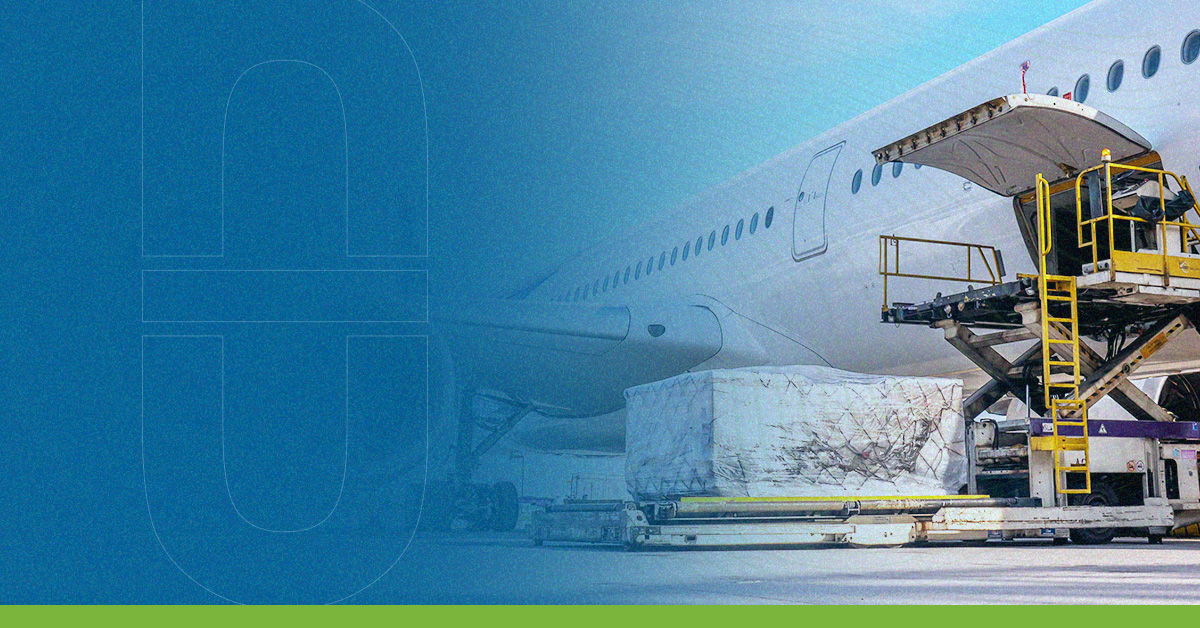Errors in the export of goods are a latent factor where two key questions come in: how to avoid them and how to respond effectively to them once they occur? Therefore, below we share some of the most frequent errors in this type of trade with the aim of achieving greater control and strengthening certain aspects related to the different phases of the logistics of your company if necessary.
Common mistakes in exporting goods
Choosing incoterms incorrectly
A fairly common mistake when we talk about documentation or administration in logistics processes related to exports, is to choose incorrectly the incoterms to be used. The incoterms are rules developed by the International Chamber of Commerce, which are used in international sales contracts. These terms are used to determine at what point in the purchase the risk to the merchandise and the responsibilities of the buyer and seller are transferred. This makes them extremely essential when it comes to drawing up contracts of this nature.
Not knowing the regulations of each country
Having a partial or total ignorance of the international trade regulations of each country, is another quite frequent error, especially in small and medium-sized companies due to the fact of not having the competent advice on this type of issues. Aspects such as right tariff or other legal obstacles that may stop shipments must be considered depending on the legislation in the country of destination.
Placing erroneous information about the goods to be transported
Placing erroneous information about the merchandise to be transported or omitting relevant details about it is another of the great inconveniences that happen at the time of exporting goods. This will lead to chaos due to the holdup of the shipment or worse, the arrival at the wrong destination.
Having an inadequate logistics plan
Lacking the adequate capacity in advisors, the accounting and other suppliers providing operational support, are just some of the reasons why a logistics plan fails in the short or medium term. In this context, quite important to mention that the limitations not only translate in time wasted in the deliveries, but also in a significant waste of money that, if not corrected, can put at risk the very stability of the company.
A logistics plan and adequate insurance coverage are essential resources when exporting a cargo.
All the above-mentioned mistakes when exporting a goods can be avoided through an efficient logistics plan that provides order, accuracy, and a sound finances. Contact us and let us help you find the right insurance coverage to protect your investment.
Sources:
‘’9 errores comunes al importar o exportar mercancías y cómo evitarlos’’. Logycom.
‘’Los 7 errores más comunes de las empresas al exportar’’. One Core.
‘’ Los diez errores más comunes del exportador’’. Food Defense Soluciones.
‘’Exportación de mercancías: errores que evitar en la preparación de pedidos’’. Mecalux.




